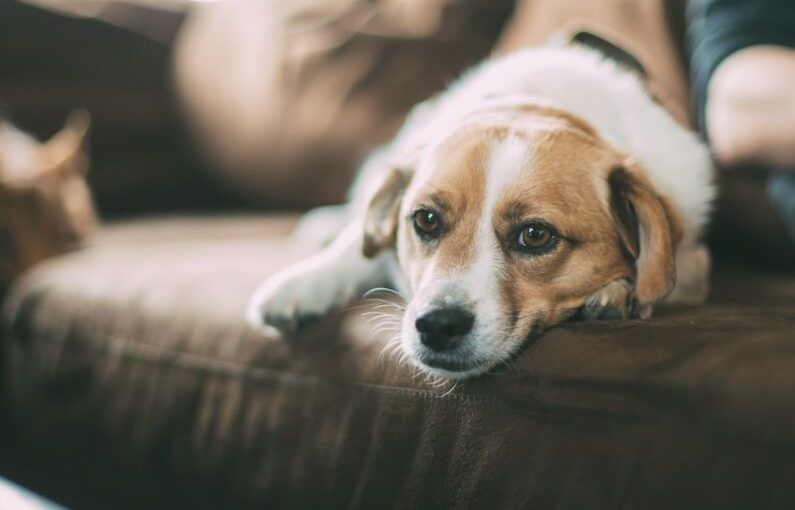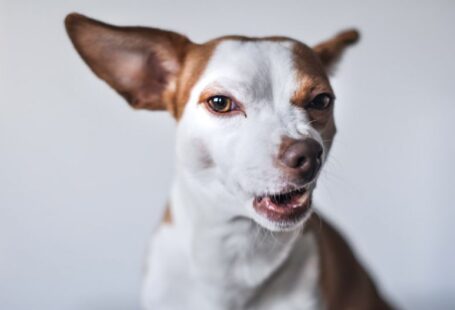Dogs have long been revered and feared creatures in various mythologies and folklore around the world. Their presence in these ancient stories reflects the significant role they played in the lives of early humans and the deep connection between humans and these loyal companions. From guardians of the underworld to symbols of loyalty and protection, dogs have left a lasting impression on cultures throughout history. Let’s delve into the fascinating world of dogs in mythology and folklore.
**Guardians of the Underworld**
In ancient Greek mythology, the three-headed dog Cerberus was the fearsome guardian of the underworld. With a serpent’s tail and a mane of snakes, Cerberus prevented the dead from escaping and kept the living from entering the realm of Hades. This monstrous dog symbolized the boundary between life and death and served as a reminder of mortality. Despite his terrifying appearance, Cerberus was also a loyal companion to Hades, illustrating the complex nature of dogs in mythology.
**Loyal Companions and Guides**
In Norse mythology, dogs were associated with loyalty and protection. The god Odin was often depicted with two wolves by his side, Geri and Freki, who represented the qualities of greediness and ravenousness. Additionally, the Valkyries, female warriors who chose the slain to take to Valhalla, were sometimes accompanied by wolves and dogs. These animals were believed to guide the souls of fallen warriors to the afterlife, emphasizing the bond between humans and their loyal companions.
**Symbol of Protection and Fidelity**
In Chinese mythology, the dog is one of the twelve animals of the zodiac and symbolizes loyalty, protection, and fidelity. The legend of the “Celestial Dog” tells the story of a loyal canine who saved the people of Earth from a ferocious beast by sacrificing itself. As a reward for its bravery, the dog was immortalized as a constellation in the night sky. This tale highlights the noble qualities of dogs in Chinese culture and their enduring presence as symbols of protection and loyalty.
**Tricksters and Shape-Shifters**
Not all dogs in mythology are portrayed as benevolent guardians or loyal companions. In various Native American folklore, dogs are associated with trickery and shape-shifting abilities. The Navajo have stories of skinwalkers, witches who can transform into animals, including dogs, to carry out dark deeds. These tales serve as cautionary reminders of the dual nature of dogs and their potential for both good and evil.
**Healers and Guides**
In Celtic mythology, dogs were revered for their healing abilities and supernatural powers. The Cu Sidhe, or “Fairy Dog,” was believed to possess the ability to guide lost souls to the afterlife and protect travelers from harm. These mystical creatures were considered divine messengers and guardians of the natural world. Dogs were also associated with the goddess Brigid, who was believed to have a sacred hound by her side, symbolizing protection and healing.
**The Enduring Legacy of Dogs in Mythology and Folklore**
Throughout history, dogs have held a special place in the hearts and minds of people around the world. Whether as fierce guardians, loyal companions, or mystical beings, dogs have played diverse roles in mythology and folklore, reflecting the complex relationship between humans and these beloved animals. Their enduring legacy continues to inspire awe and reverence in cultures across the globe, reminding us of the timeless bond between humans and dogs.





